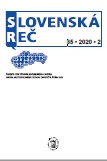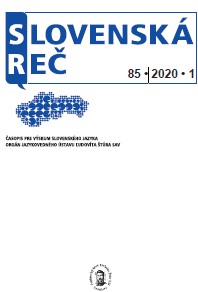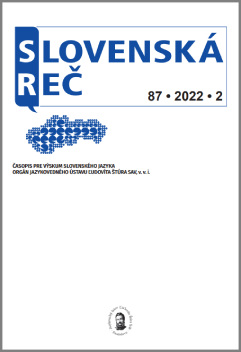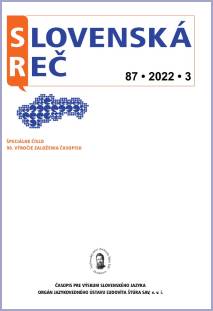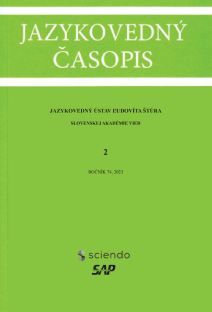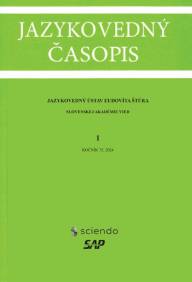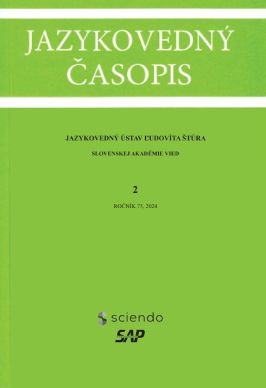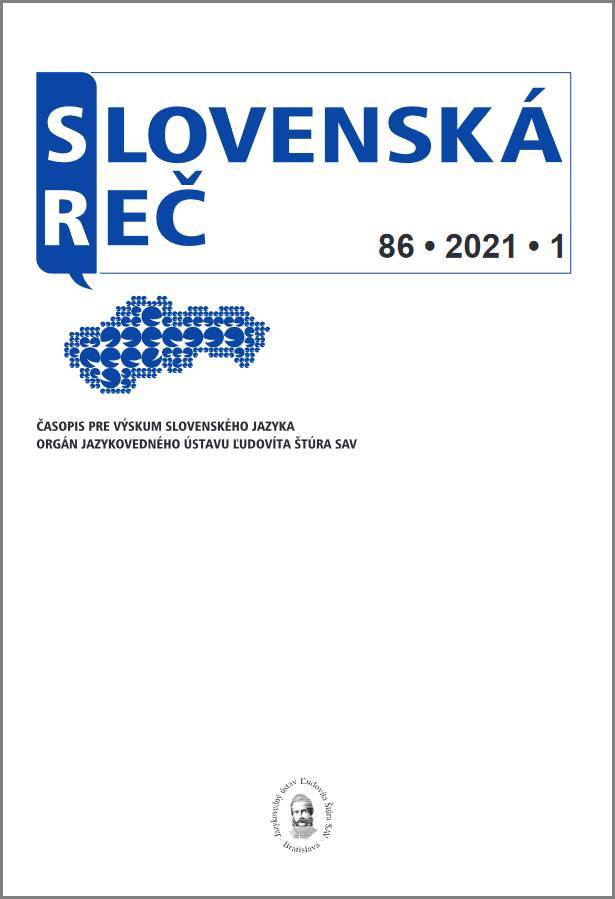
Lematizácia, morfologická anotácia a dezambiguácia slovenského textu - webové rozhranie
Lemmatization, morphological (or morphosyntactic) annotation (MSD) and disambiguation is a basic and indispensable step in Natural Language Processing of languages with a moderate level of inflection. We present a web interface demonstrating the de facto default lemmatization and MSD for Slovak, as used in major Slovak corpora (with several enhancements yet to be applied in the corpora). The interface can be used chiefly for presentation or pedagogical purposes, with the morphological tags expanded and explained using plain language in several languages, including two different terminological registers of Slovak (professional linguistic or a "common" one).
More...
